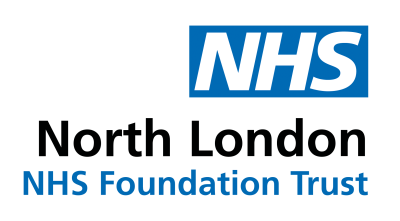-
Topics
- All Topics
- Self Care
- Blood & Skin
- Cancer
- Cardiovascular & Respiratory
-
Children & Family
- Child Emotional Wellbeing & Mental Health
- Children, Young People & Family
- Domestic Violence & Abuse
- Female Genital Mutilation
- Gender Identity Adults
- Homelessness
- Learning Disabilities
- Migrant Health
- Neurodiversity
- Safeguarding Adults
- Safeguarding Children
- Sexual Health
- Social Prescribing
- Speech & Language Therapy
- Diabetes & Endocrine
- Diagnostics & Investigations
- Frailty & Complex Care
- Gastroenterology, Colorectal, Renal & Urology
- Head, Neck & Eyes
- Infectious Diseases
- Mental Health
- MSK
- Neurology & Neurosurgery
- Nutrition & Weight Management
- Obstetrics & Gynaecology
- Social Care & Safeguarding
- Urgent & Emergency
- Clinical Pathways
-
Medicines
- Community Pharmacy
- Controlled Drugs
- Electronic Prescription Service
- Infections & Antimicrobials
- Medicines Compliance
- Medicines Optimisation Prescribing Policies
- Medicines Optimisation Team
- Medicines Supply Issues
- Patient Group Directions
- Prescribing Guidelines
- Prescribing Quality Scheme
- Prescribing Recommendations
- Self-Care Medicines Scheme
- Shared Care
- Fact Sheets
-
Practice Management
- Cancer Care Resources
- Deadlines
- Enhanced Services
- General Practice Change Management Support
- General Practice Staff Survey
- Greener NCL: Sustainable General Practice
- Hospital Bypass Contacts
- Immunisations & Vaccinations
- Interface Consensus
- Practice Vacancies
- Referral Support
- Research Opportunities
- Submit a Patient Safety Incident Report
- Submit a Quality Alert
- Support for Staff
- Education
- Digital
Eating Disorder Recovery Hubs
Provided By

Service Feedback
Hannah Hucklesby, Eating Disorder Recovery Hubs Pathway Lead
hannah.hucklesby2@nhs.net 020 8702 6642Downloads
Download • DOCX, 26.65 KB
Copy URL
Eating Disorder Recovery Hubs Screening Tool
Download • PDF, 81.59 KB
Copy URL
Eating Disorder Recovery Hubs Pathway summary
Download • PPTX, 77.43 KB
Copy URL
Eating Disorder Recovery Hubs Pathway (ppt)
Download • PDF, 51.08 KB
Copy URL
Identifying Eating Disorders
Download • PDF, 82.52 KB
Copy URL
Patient information sheet
Review date: Friday, 08 January 2027
